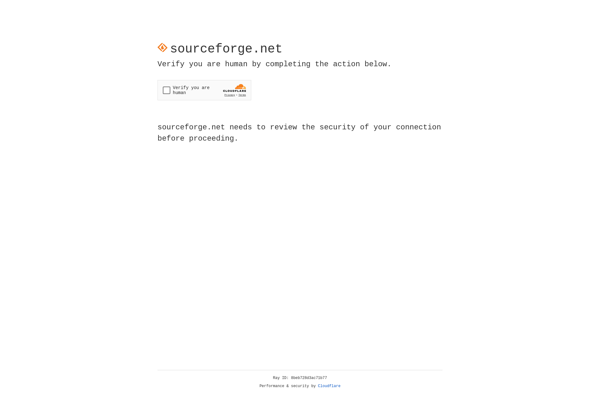Phabricator
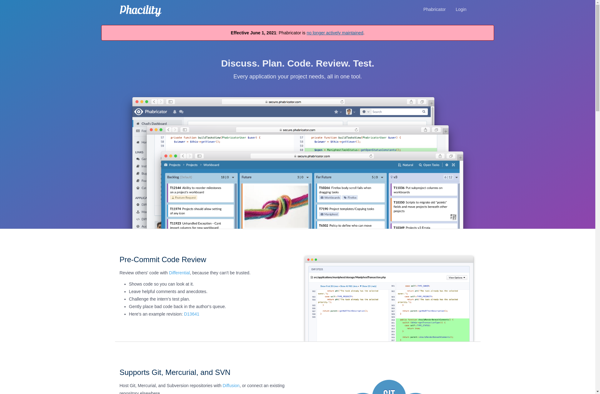
Phabricator: Open Source Software Development Platform
Phabricator is an open source software development platform built by Facebook to help engineers collaborate throughout the development process. It integrates tools for code review, project management, bug tracking, and version control.
What is Phabricator?
Phabricator is an open source web-based software development platform built by Facebook to help software companies improve their development workflow. It integrates a number of tools to enhance collaboration between engineers across the entire development lifecycle.
Some of the key features Phabricator offers include:
- Code review - Allows engineers to review each other's code changes line-by-line. Supports inline comments, tracking action items, and approvals.
- Project management - Kanban boards to visualize tasks and user stories across different stages of completion.
- Bug/Issue tracking - Track software bugs and tasks with a robust issue tracker.
- Git and SVN integration - Tight integration with most popular version control systems.
- Dashboard - Personalized homepage for every engineer to track tasks, code reviews, open bugs etc.
- User access controls - Sophisticated access controls to manage permissions for code, projects, bugs etc.
- CLI tool - Command line interface to interact with most Phabricator features.
- Notifications - Real-time notifications through email, web UI or external chat tools.
- iOS and Android apps - Mobile apps allow engineers to track projects and code reviews on the go.
With its focus on improving engineering efficiency and collaboration, Phabricator has become very popular amongst technology companies to streamline their software development workflows.
Phabricator Features
Features
- Code review
- Project management
- Bug tracking
- Wiki
- Chat
- Dashboard
Pricing
- Open Source
Pros
Cons
Official Links
Reviews & Ratings
Login to ReviewThe Best Phabricator Alternatives
Top Development and Project Management and other similar apps like Phabricator
Here are some alternatives to Phabricator:
Suggest an alternative ❐JIRA
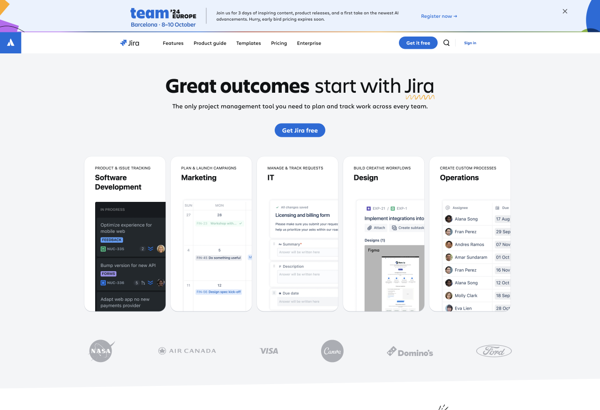
Redmine
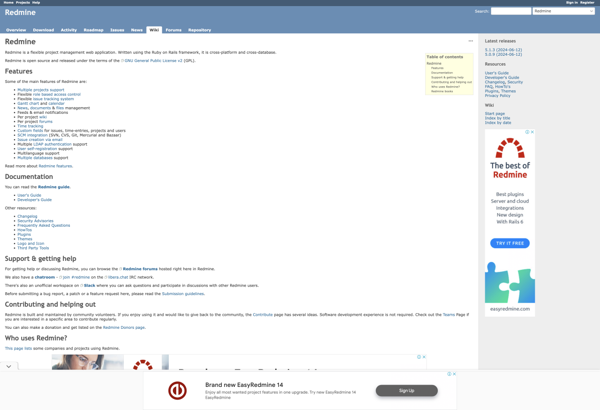
Trello
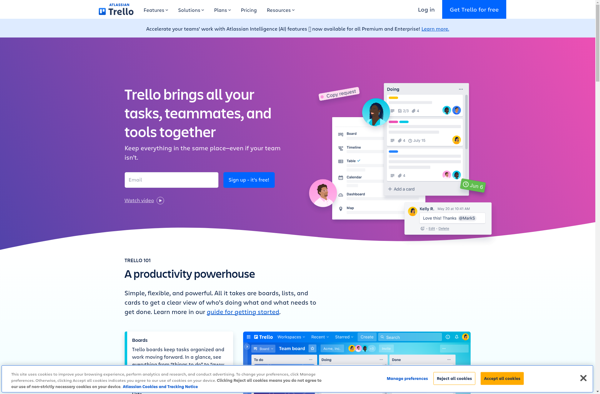
GitLab
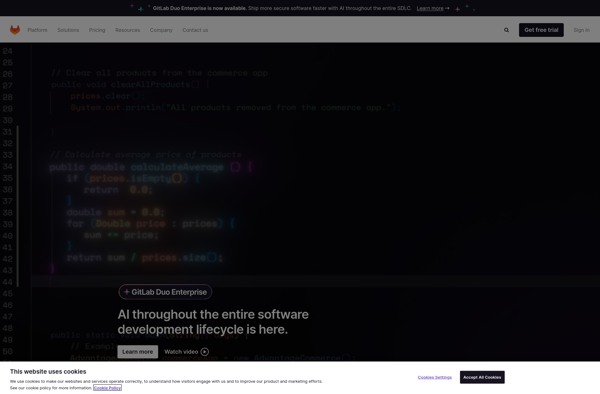
Bitbucket
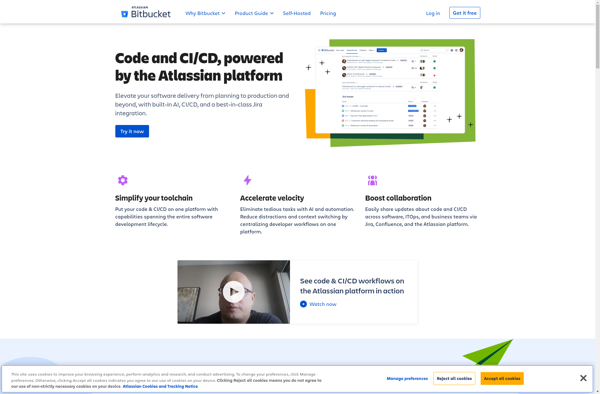
Microsoft Project
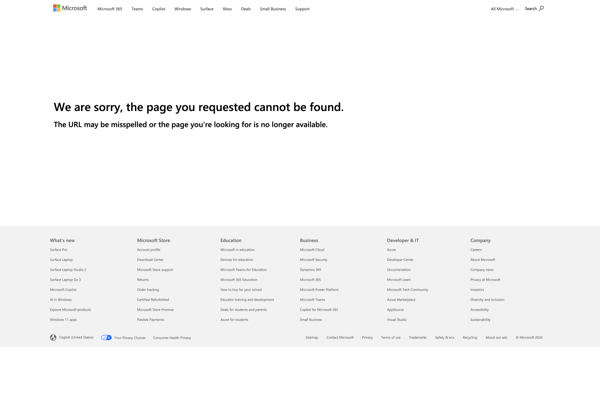
OpenProject
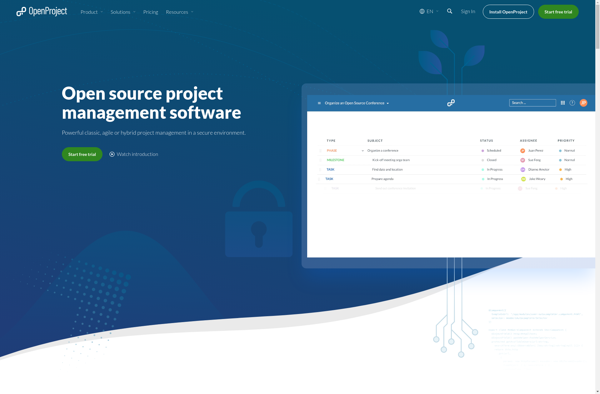
Taiga.io
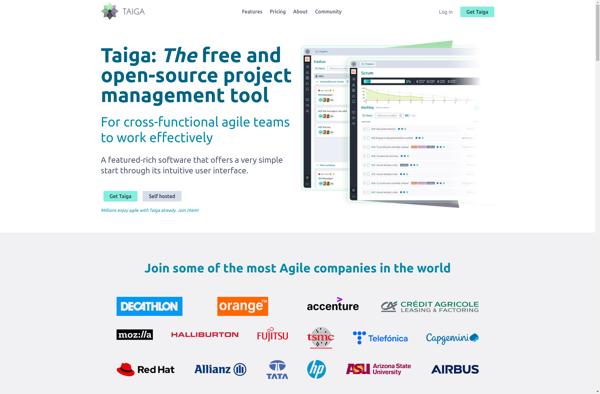
Wekan
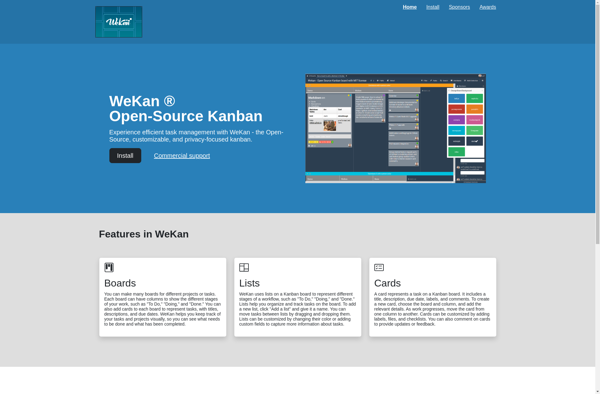
Gitea
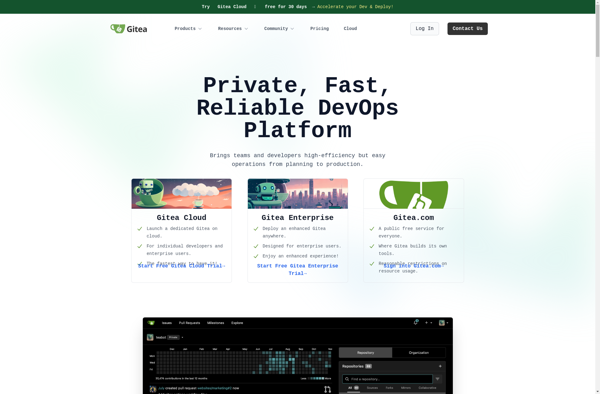
SourceForge
